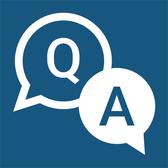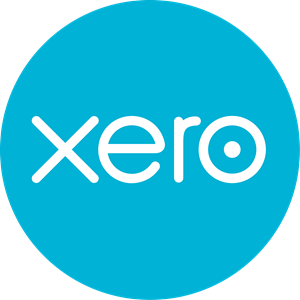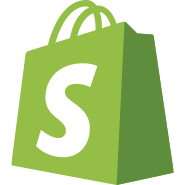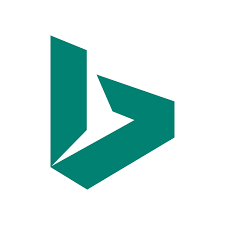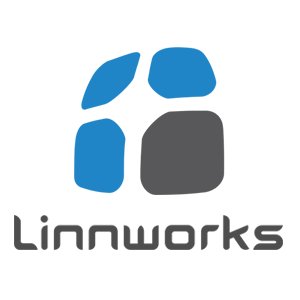Launching a Mini Dirt Bike Shop and Growing To £6,000/Month
Hello! Who are you and what are you working on?
Hi, I’m Stephen and I am the founder and owner of Micro Bikes UK, an e-commerce store that specializes in kids quad bikes (4 wheelers) dirt bikes, scooters and ride on toys.
We have a strong online brand already after only 18 months and we rank on the first page for many of our keywords. Our main selling products are Mini Quad bikes and Dirt bikes with petrol engines.
We are on track to hit six figures in revenue for this financial year and we dropship 90% of our products.
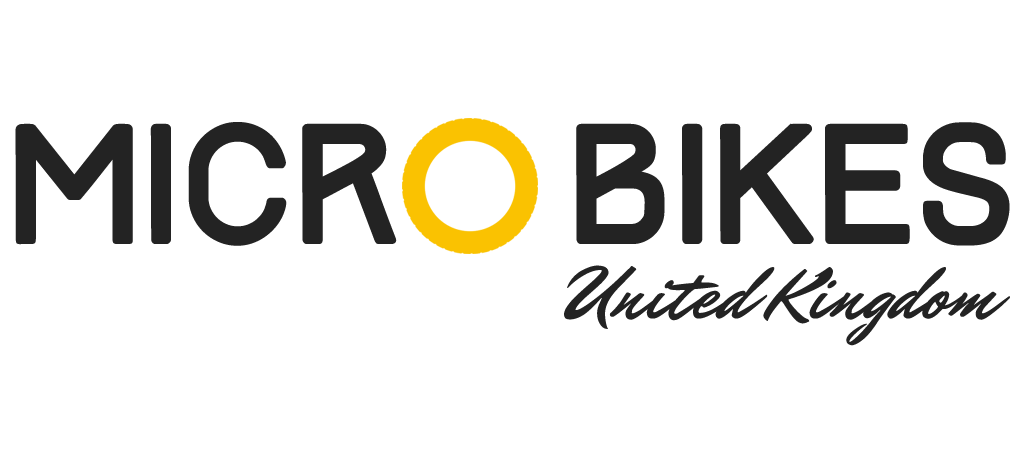
What's your backstory and how did you come up with the idea?
I discovered mini bikes by chance really. I didn’t know they existed until we began selling them in 2014. It was 2 years later that we founded Micro Bikes.
We were not ready for the product to be a success at the time. My initial product research...




